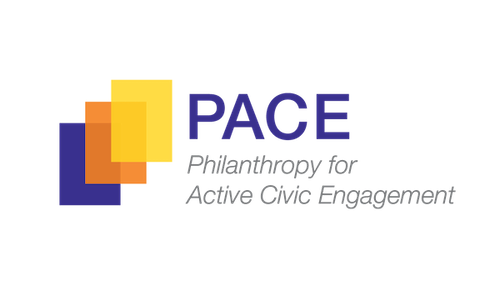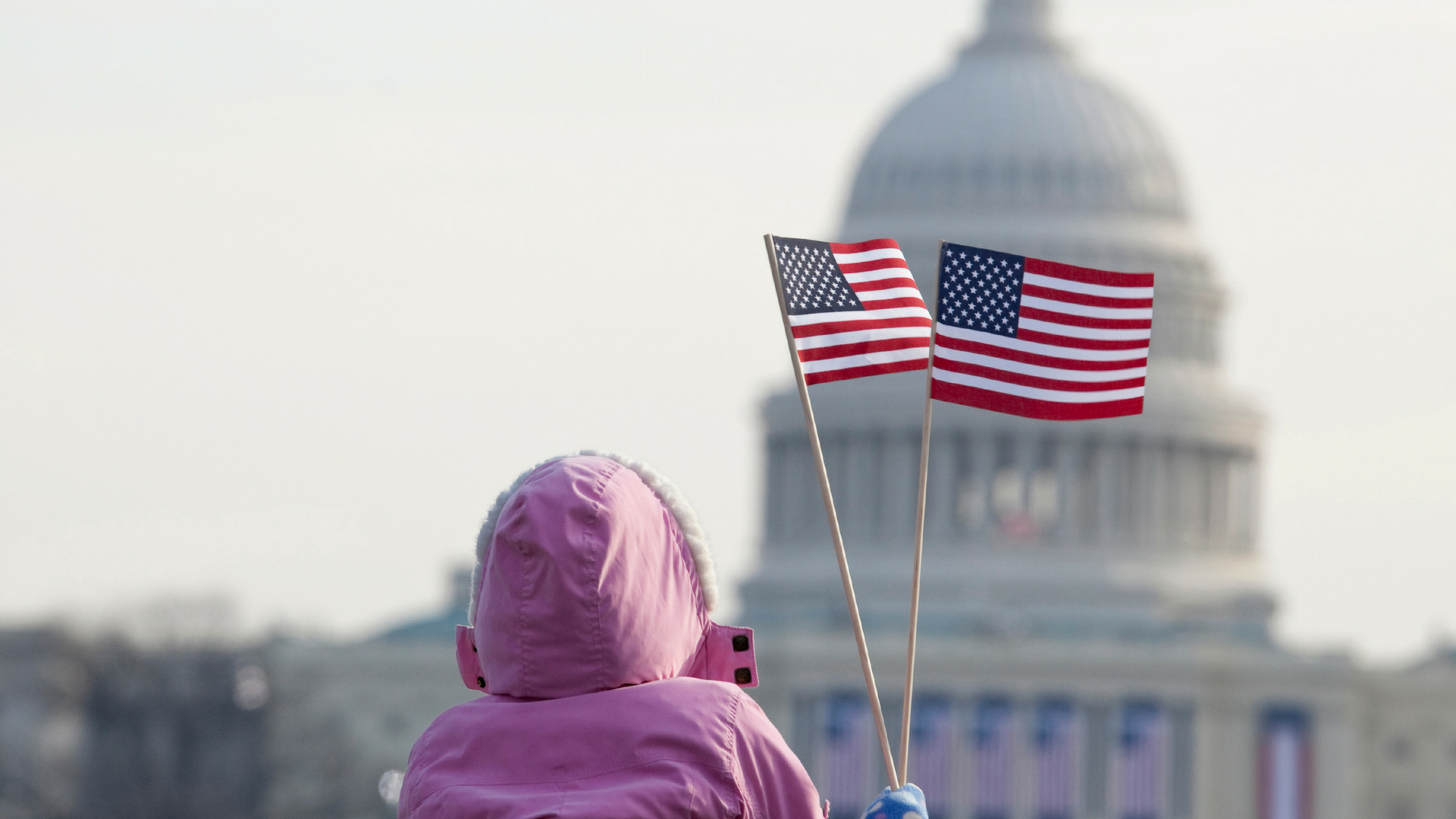Crises and disasters are obvious tragedies. They often result in destruction, illness, death, and loss of property, livelihoods, or entire communities. They expose cracks in the foundations of our democracy, economy, and society.
And, at the same time, crises and disasters can be the catalyst to a better way of being. Human nature compels compassion, connection, and generosity in times of tragedy. That’s a good thing.
In fact, a May 2020 report from the Do Good Institute’s found that charitable behavior tends to surge in the years following a crisis, as has been the case following the September 11 attacks, Hurricane Katrina, and the Great Recession of 2007-2009.
So it might be fair to say that everyone sees the needs when disaster strikes. But the needs–and the cracks–remain long after the initial spike in attention, giving, and volunteering die down. Greater introspection is both possible and necessary to fix the real problems and decrease the likelihood of re-living the same crises.
PACE partnered with CSR Communications to develop a tool meant to guide discussion of the role civil society institutions play in disasters and crises. With funders—specifically foundations—as its primary audience, this conversation starter challenges us all to expand our understanding of “disaster,” rethink how to support civil society institutions during disaster response and re-imagine the role those institutions could play in strengthening civic and community health in recovery, mitigation, and preparedness. It prompts this by inviting foundations to:
- consider how to sustain and elongate investments beyond initial disaster response;
- explore how seemingly different crises can have ramifications on each other;
- imagine how the future can look as a result of their investments and civic leadership;
- interrogate how structural racism and disparities show up within every disaster.
The guide provides examples of funders who have stepped up as conveners, connectors, coordinators, champions, and catalysts before, during, and after disasters and crises. If you know of others, please share them with us here so that we can build a repository.
View the press release for this resource here. For all other questions or comments, please email Info@PACEFunders.org.


